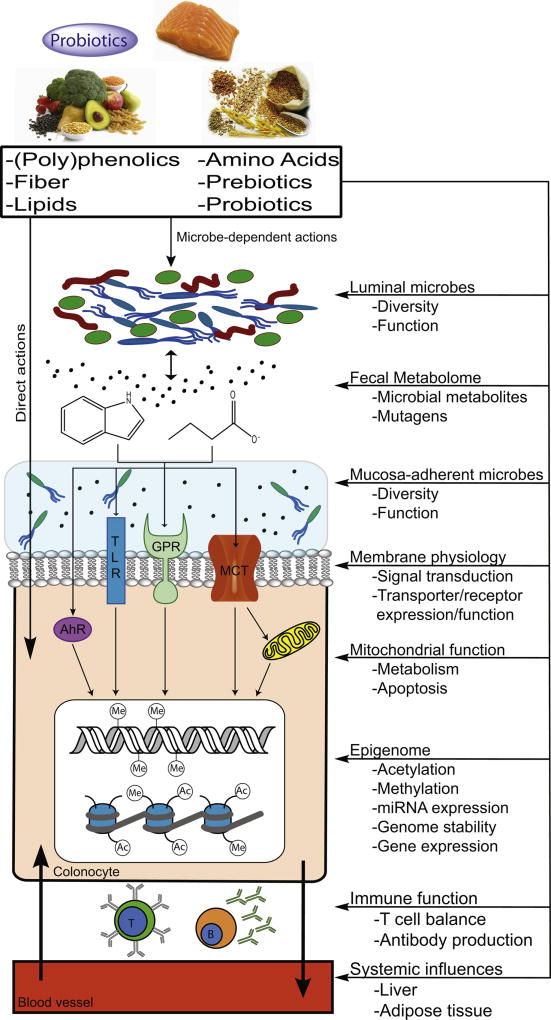Fig 1. Graphical depiction of the diet-host-microbe interaction.
This overview figure represents example mechanisms whereby diet-microbe-host interactions are associated with colon carcinogenesis. In addition to direct effects of diet on host health and metabolism, diet can be a modifier of the gut microbiome (e.g., its composition and functional attributes). Gut microbiota are capable of furtherer metabolizing dietary bioactives to generate secondary bioactive compounds, which can affect host physiology. Exchange of metabolites between different microbes in the gut is possible and adds complexity to the diet-microbe-host interaction network. Native dietary bioactives and microbially-derived metabolites can act on epithelial cells in the colon by extrinsic and intrinsic mechanisms. Dietary bioactives and their derivatives can act as ligands for receptors or alter receptor function, serve as metabolic fuel for cells, function as modifiers of the epigenome, etc. These compounds can also influence immune function and host health beyond the epithelium. Our understanding of the capacity of diet to direct a functionally beneficial gut microbiome for both localized (i.e., colon) and systemic health will continue to increase with improved ‘omics’ techniques and advances in ‘omics’ data integration.

